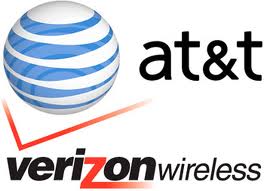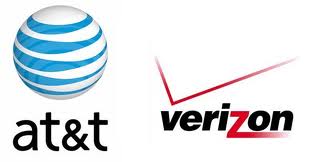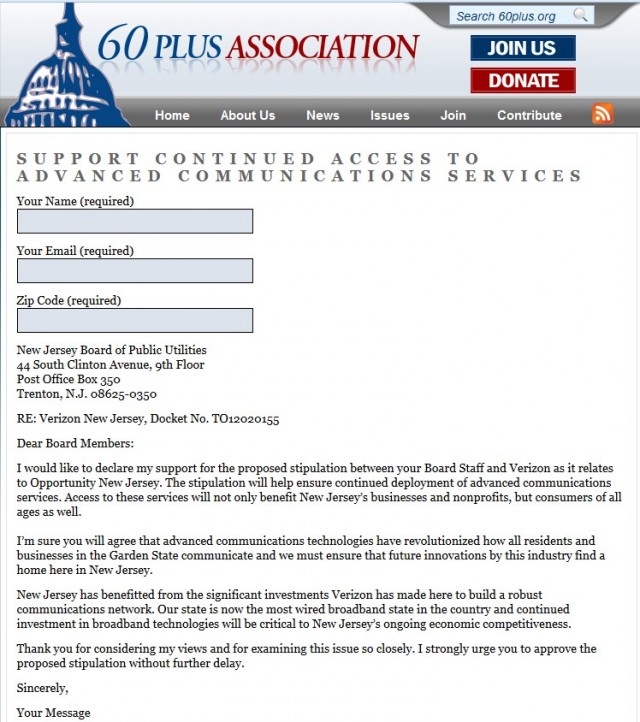
This week, mobile customers in Bahrain can now sign up for uncongested, ultra-fast 4G LTE broadband packages that include 120GB of usage and a free LTE router or MiFi device, all priced less than what AT&T and Verizon Wireless charge for just 1GB of mobile broadband and the cost of the device to use it.
 Zain Bahrain began offering mobile broadband packages this week that start at under $32 a month. For video lovers and downloaders, the company charges $53 a month for up to 120GB of usage at speeds up to 25Mbps, equipment included at no extra charge. Customers upgrading to 250GB or 1000GB usage allowances also get much faster performance on the company’s LTE network — up to 100Mbps.
Zain Bahrain began offering mobile broadband packages this week that start at under $32 a month. For video lovers and downloaders, the company charges $53 a month for up to 120GB of usage at speeds up to 25Mbps, equipment included at no extra charge. Customers upgrading to 250GB or 1000GB usage allowances also get much faster performance on the company’s LTE network — up to 100Mbps.
Customers that exceed those usage allowances are not billed overlimit fees. Their speeds are temporarily throttled to a still-usable 2-4Mbps, depending on the chosen plan. There is a 4GB daily usage limit.
In the United States, AT&T customers pay $50 a month for a DataConnect plan offering up to 5GB of usage, with a $10/GB overlimit fee. A smartphone customer pays a combined $65 a month for a 1GB plan and device fee.
A Verizon Wireless customer pays $50 as month for a shared data plan offering a 4GB data allowance and includes the monthly device fee. A smartphone customer pays $80 a month ($70 if on Verizon’s Edge plan) for a 1GB plan and device fee.
“We are delighted that we are leveraging the investment in our new network to benefit our customers with new offers,” said Zain Bahrain’s enterprise broadband products and services manager Mohammed Al Alawi. “Today’s broadband customers are bandwidth hungry, with diverse connectivity needs; our new 4G LTE broadband packages are custom-designed to meet these needs and enable a digital lifestyle like never before.”
[flv]http://www.phillipdampier.com/video/Why should you switch to 4G LTE with Zain 2014.mp4[/flv]
Zain produced this English language video to introduce its 4G LTE service offering speeds up to 100Mbps in Kuwait. Unlike in the United States, generous usage allowances from Zain make wireless broadband a prospect for Internet users in the home and on the go. (2:20)


 Subscribe
Subscribe Netflix has reached an agreement with Verizon Communications for a paid-peering interconnection between the two that will help assure Verizon’s broadband customers can watch Netflix content without repeated buffering slowdowns.
Netflix has reached an agreement with Verizon Communications for a paid-peering interconnection between the two that will help assure Verizon’s broadband customers can watch Netflix content without repeated buffering slowdowns. AT&T and Verizon Wireless are thrilled customers are moving away from subsidized smartphones, because both are raking in extra revenue they are not returning to customers with lower plan prices.
AT&T and Verizon Wireless are thrilled customers are moving away from subsidized smartphones, because both are raking in extra revenue they are not returning to customers with lower plan prices. Verizon Wireless is a bigger taker.
Verizon Wireless is a bigger taker. The New Jersey Board of Public Utilities today
The New Jersey Board of Public Utilities today  New Jersey’s Board of Public Utilities received more than 460 identical e-mails urging the regulator to approve Verizon’s proposed settlement permitting it to renege on broadband expansion commitments that would have brought high-speed Internet to every citizen in the state that wanted it.
New Jersey’s Board of Public Utilities received more than 460 identical e-mails urging the regulator to approve Verizon’s proposed settlement permitting it to renege on broadband expansion commitments that would have brought high-speed Internet to every citizen in the state that wanted it. “I hope you are doing well. I have a favor to ask,” one e-mail read. “I’m working on a project for our client, Verizon, and they need some signatures to an online petition. Verizon wants to expand its offerings in New Jersey, but needs approval from the state. Higher-speed Internet, more FiOS, etc.”
“I hope you are doing well. I have a favor to ask,” one e-mail read. “I’m working on a project for our client, Verizon, and they need some signatures to an online petition. Verizon wants to expand its offerings in New Jersey, but needs approval from the state. Higher-speed Internet, more FiOS, etc.”
